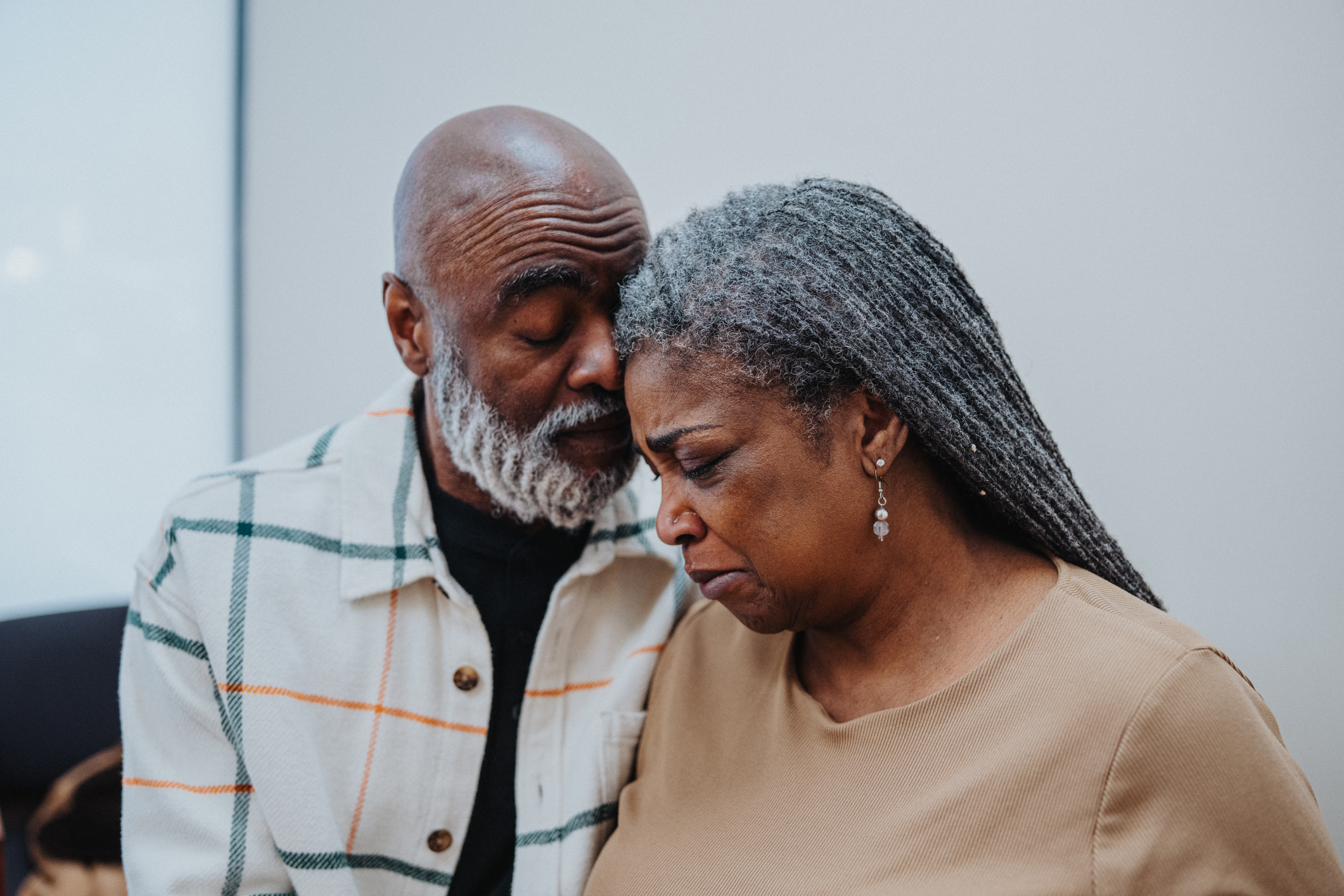AARP Hearing Center

In Washington, D.C., many older Black residents continue to face serious challenges when it comes to accessing quality health care. While recent studies from AARP show signs of progress, they also reveal that deep disparities remain—especially for those living east of the Anacostia River.
According to the latest 2025 report from AARP’s Public Policy Institute, most adults in the District say they’re in good health and can access care when needed. In fact, 83% of residents aged 18 and older reported being able to get the health services they need, and 78% were satisfied with their care experiences. But satisfaction doesn’t tell the whole story.
A closer look shows that nearly one in five residents still face long wait times, feel unheard by their doctors, or experience cultural insensitivity. For Black adults, these issues are even more pronounced. Twenty-one percent said their providers didn’t understand or respect their background, values, or traditions—a troubling sign that cultural competence in care is still lacking.
A previous study compiled by AARP DC on health disparities in 2023, highlighted a 15-year gap in life expectancy between Ward 3 (86 years) and Ward 8 (71 years). That’s not just a statistic—it’s a reflection of unequal access to care, nutritious food, safe housing, and economic opportunity. Black seniors in Ward 8 are nearly five times more likely to live below the federal poverty line, and they face higher rates of preventable hospital admissions, cancer mortality, and chronic conditions like diabetes and heart failure.
The 2023 study also showed disparities are starkest east of the Anacostia River. Residents 40 and older in this area are significantly more likely to lack access to care (25% vs. 7%), face discrimination (21% vs. 12%), and report culturally incompetent care (34% vs. 24%) compared to those living west of the river.
So what can be done?
“By highlighting health disparities here in the District, our aim is to spur local leaders in the public, private and nonprofit sectors to act to drastically reduce health disparities and improve health care access for all Black residents in the District,” said Louis Davis Jr., AARP DC State Director. “Not doing so significantly inhibits equitable access to quality health care, housing, employment and education for older Black residents.”
Improving health outcomes requires more than medical care alone. Solutions should include expanding culturally competent services and addressing broader factors like housing, nutrition, and transportation, which are essential for long-term health.
While progress is being made, the road to health equity is long. But with continued advocacy, community involvement, and data-driven solutions, we can work toward a future where every older adult in D.C.—regardless of race, income, or ZIP code—has the opportunity to live a longer, healthier life.































































